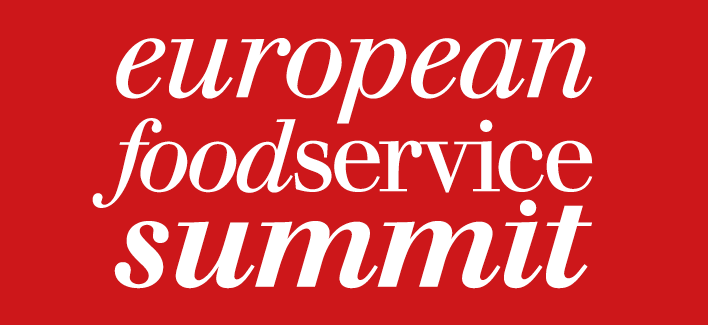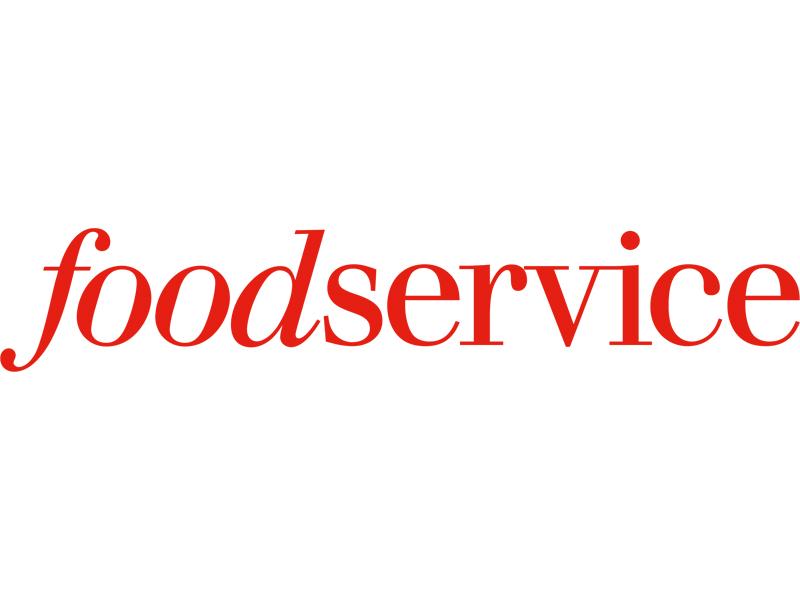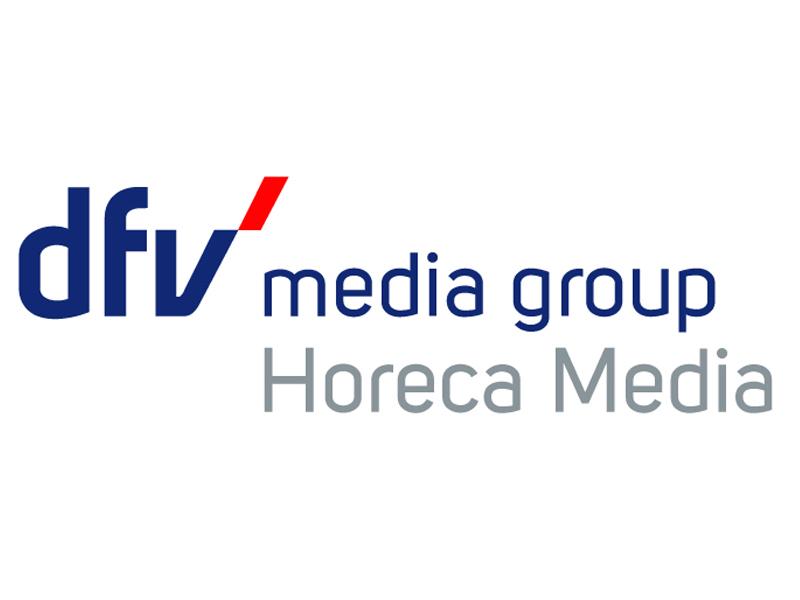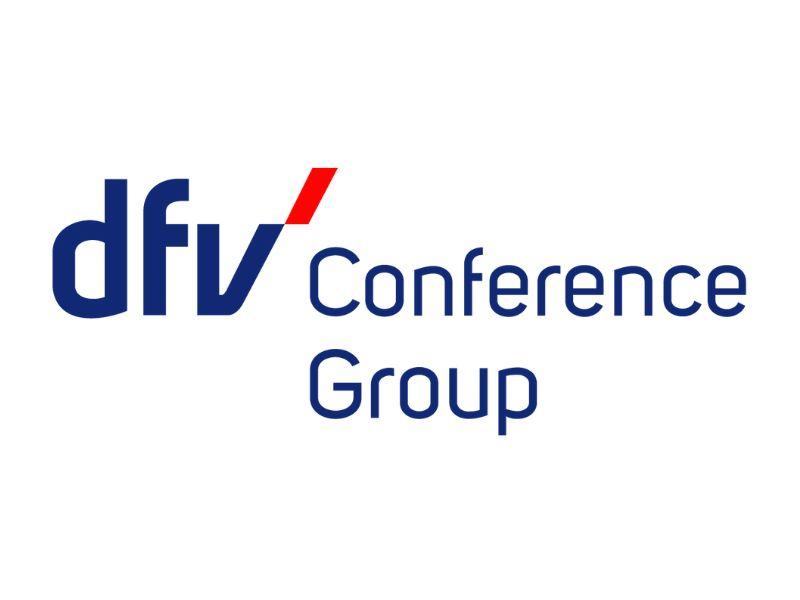Going public – capital for growth
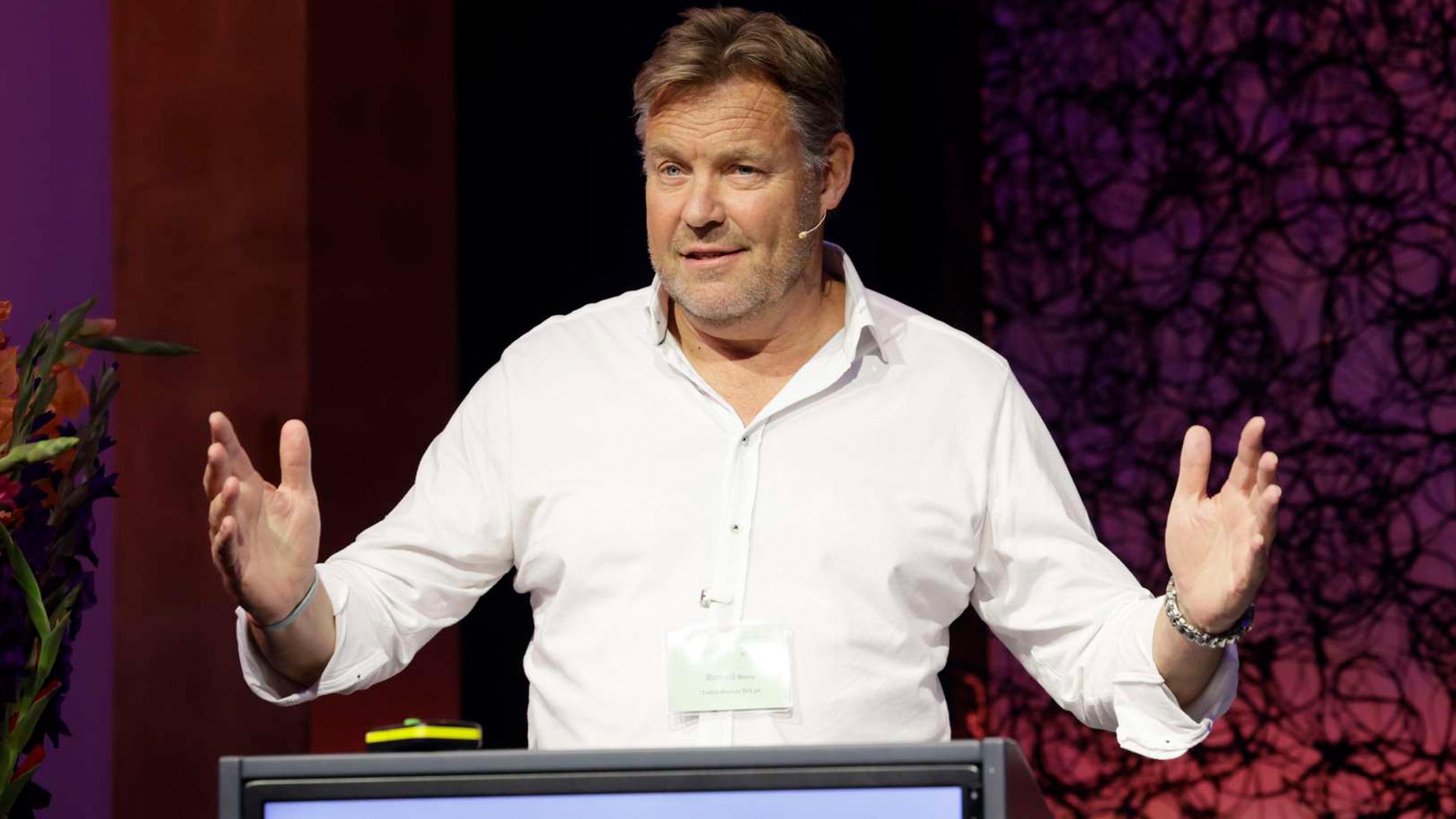 Taking a foodservice company public involves careful considerations and strategic planning. At the European Foodservice Summit 2023, Richard Morris, CEO of Tortilla Mexican Grill, the largest Fast-Casual-Mexican brand in the UK, explored the key aspects involved in an Initial Public Offering (IPO) based on the company’s experiences.
Taking a foodservice company public involves careful considerations and strategic planning. At the European Foodservice Summit 2023, Richard Morris, CEO of Tortilla Mexican Grill, the largest Fast-Casual-Mexican brand in the UK, explored the key aspects involved in an Initial Public Offering (IPO) based on the company’s experiences.
IPO landscape
While private equity remains a common source of capital for expansion in the European foodservice sector, IPOs are more prevalent in the United States and the UK. In these regions, avenues such as Business Angels, crowdfunding, and Initial Public Offerings (IPOs) play crucial roles in fundraising. Notably, the US and UK stand out as a hubs for hospitality IPOs, with a reported value of around €500 billion in recent years compared to Europe’s €10 billion during the same period (source: Harry Goss, McWin, EFSS 2023).
Tortilla’s decision to go public
Founded in 2007, Tortilla Mexican Grill, the largest Fast-Casual-Mexican brand in the UK with 86 units in 2022, made the strategic decision to go public in 2021 to secure capital for expansion. Despite challenges in the stock market, the company planned to open three additional locations in 2023, bringing the total new openings for the year to eight.
Navigating the IPO process
“An IPO is akin to a sales process for private equity. You must present your company to potential shareholders in a roadshow and determine if there is sufficient interest to cover the offering book,” says Tortilla CEO Richard Morris. The company garnered interest, leading to an IPO on the AIM (Alternative Investment Market) of the London Stock Exchange – an entry-level market segment for small, high-growth companies. Going public brings both challenges and benefits, which Morris defined as follows:
Public challenges:
- biannual reporting cycle
- greater formal governance
- managing share price
- more visible when macro events impact projections
Public benefits:
- attracts high-quality board
- improves perception/gravitas
- eases raising of capital
- gives credibility to the business
Optimizing Growth Conditions
Tortilla’s credibility gained through the IPO played a crucial role in acquiring a significant British competitor, Chilango, for £2.75 million. Morris believes the company meets the prerequisites for further expansion with a 2022 revenue of approximately £58 million, an average transaction value of £8, and a healthy distribution between in-restaurant (70%) and delivery (30 %) sales. The majority of their food offerings (approx. 75 %) are produced in a central kitchen.
Stabilizing Stock Performance
While the company’s franchising model has shown resilience and post-COVID recovery, its stock performance faced challenges, losing around 70% since the IPO. Richard Morris acknowledges the issue and is exploring various strategies, including innovative concepts like the Management Initiative aimed at boosting employee energy and productivity. The current stock price hovers below 60 pence, and Morris believes these initiatives will contribute to its upward trajectory.
Conclusion
Tortilla Mexican Grill’s journey through an IPO sheds light on the complexities and opportunities associated with taking a foodservice company public. As the company addresses challenges and optimizes its growth potential, it serves as a valuable case study for industry professionals considering a similar path.
